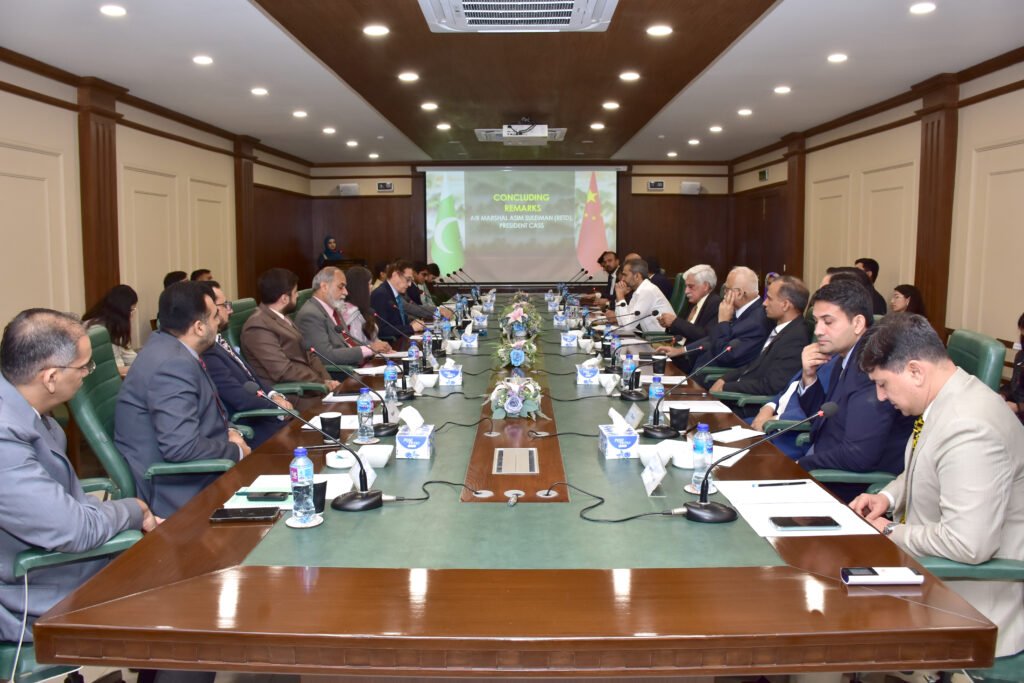
Roundtable Conference
Future of Pakistan-China Relations under China’s Model for Global Development and Governance
About The Event
As China assumes an increasingly central role in global affairs, it is advancing a distinct paradigm of development and governance that diverges from the Western liberal model. This emerging framework, anchored in President Xi Jinping’s strategic vision and institutionalised through key initiatives such as the Belt and Road Initiative (BRI), the Global Development Initiative (GDI), the Global Security Initiative (GSI), and the Global Civilisation Initiative (GCI), reflects China’s emphasis on state-led development, infrastructure connectivity, mutual respect for sovereignty, and mutually beneficial cooperation.
Together, these initiatives present an alternative vision for the global order, grounded in the principles of multipolarity, non-interference, and inclusive globalisation.
For Pakistan — a longstanding strategic partner of China and the host of the flagship China–Pakistan Economic Corridor (CPEC) — this evolving model carries significant implications. As China seeks to promote its governance norms and development philosophy globally, Pakistan must reassess its role, not merely as a recipient of Chinese investment, but as an active stakeholder in shaping regional and global dynamics. The future depth and sustainability of Pakistan–China relations will increasingly depend on Pakistan’s capacity to align its governance practices, economic policies, and institutional frameworks with China’s broader development approach.
In light of this strategic context, the discussion provided an opportunity to explore the philosophical, developmental, and geopolitical shifts influencing contemporary Pakistan–China cooperation. The event generated key insights and policy reflections, making a timely contribution to the national discourse on Pakistan’s role in an evolving global order.
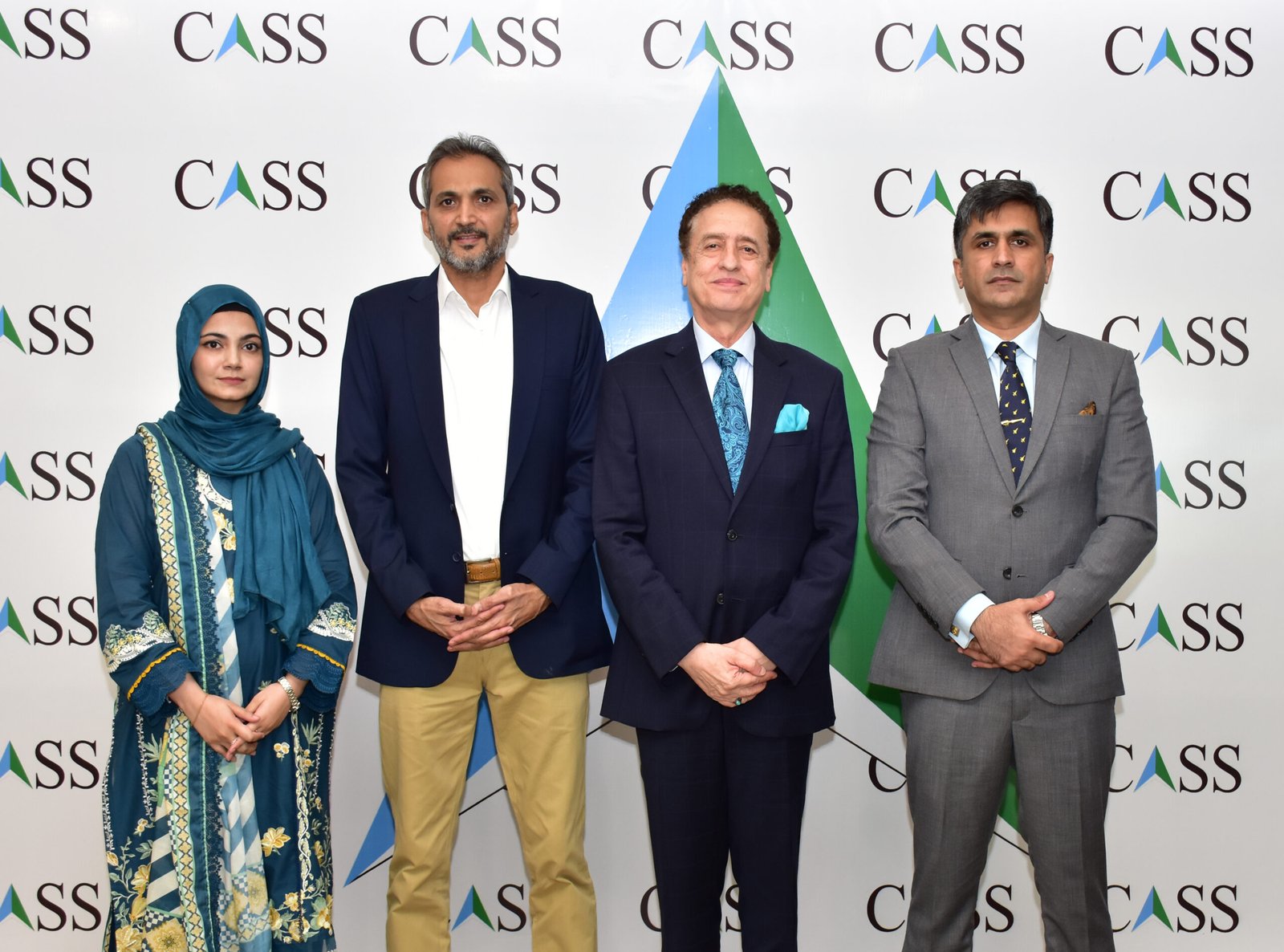
Key Takeaways
- Strategic Continuity in China’s Rise
China’s transformation is deeply informed by its Century of Humiliation, and has evolved through four distinct phases – Liberation, Leap, Learning, and Leading – to reshape it from a colonised nation to a global power.
- Strategic, Step-by-Step Development Model
China’s rise was driven by pragmatic experimentation and gradual liberalisation, prioritising domestic industrial capacity before opening up to global markets, contrary to liberal economic orthodoxy.
- China’s Alternative Geopolitical Vision
Through Mao’s Three Worlds Theory and the Third Front strategy, China resisted alignment with Cold War superpowers, focusing instead on alliances across the Global South and internal strategic relocation.
- Shift towards Proactive Global Engagement
China evolved its foreign policy from passive non-involvement to actively shaping global partnerships and influence, economically pre-empting geopolitical competition.
- Governance Rooted in Rule of Law
Internal reforms focused on anti-corruption, the rule of law, and disciplined governance have strengthened state legitimacy and accountability at the grassroot level.
- Innovation as Core National Strategy
China’s focus on knowledge creation, STEM talent development, and targeted sectors like Electric Vehicles (EVs) illustrates how innovation is treated as a pillar of national security and global competitiveness.
- Pakistan’s Self-Reliant Development
Pakistan’s long-term development and strategic partnership with China depend on reducing reliance on external institutions like the IMF and aligning more closely with China’s people-centric, merit-driven, and self-reliant development model.
Policy Considerations
- Aligning with China’s Global Rise
Pakistan must craft a forward-looking policy approach that aligns with China’s transition to a global power is crucial for exploring mutually beneficial avenues within the evolving global order.
- Prioritising Agricultural Reforms
Pakistan must undertake land restructuring, pricing incentives, enhanced market access, and subsidised inputs to boost agricultural productivity, reduce rural poverty, and create a sustainable base for future industrial growth.
- Adopting People-Centred Governance
Pakistan needs to adopt people-centric governance that embeds transparency, accountability, cultural ethics, and truthful data practices into all levels of policymaking and implementation, and prioritises public welfare over elite interests.
- Reviving State-led Strategic Sectors
China’s mixed economy model can help Pakistan reconsider its approach to privatisation and explore ways to revitalise and strategically utilise state-owned enterprises in support of national development objectives.
- Strengthening Institutional Capacity before Driving Innovation
Pakistan needs to invest in data infrastructure, skilled human capital, and coherent governance systems to build institutional capacity for effective digital transformation and technological advancement.

Post Event Report
A comprehensive report capturing expert analyses, strategic insights, key recommendations, media coverage, and event highlights.
Guest Speakers
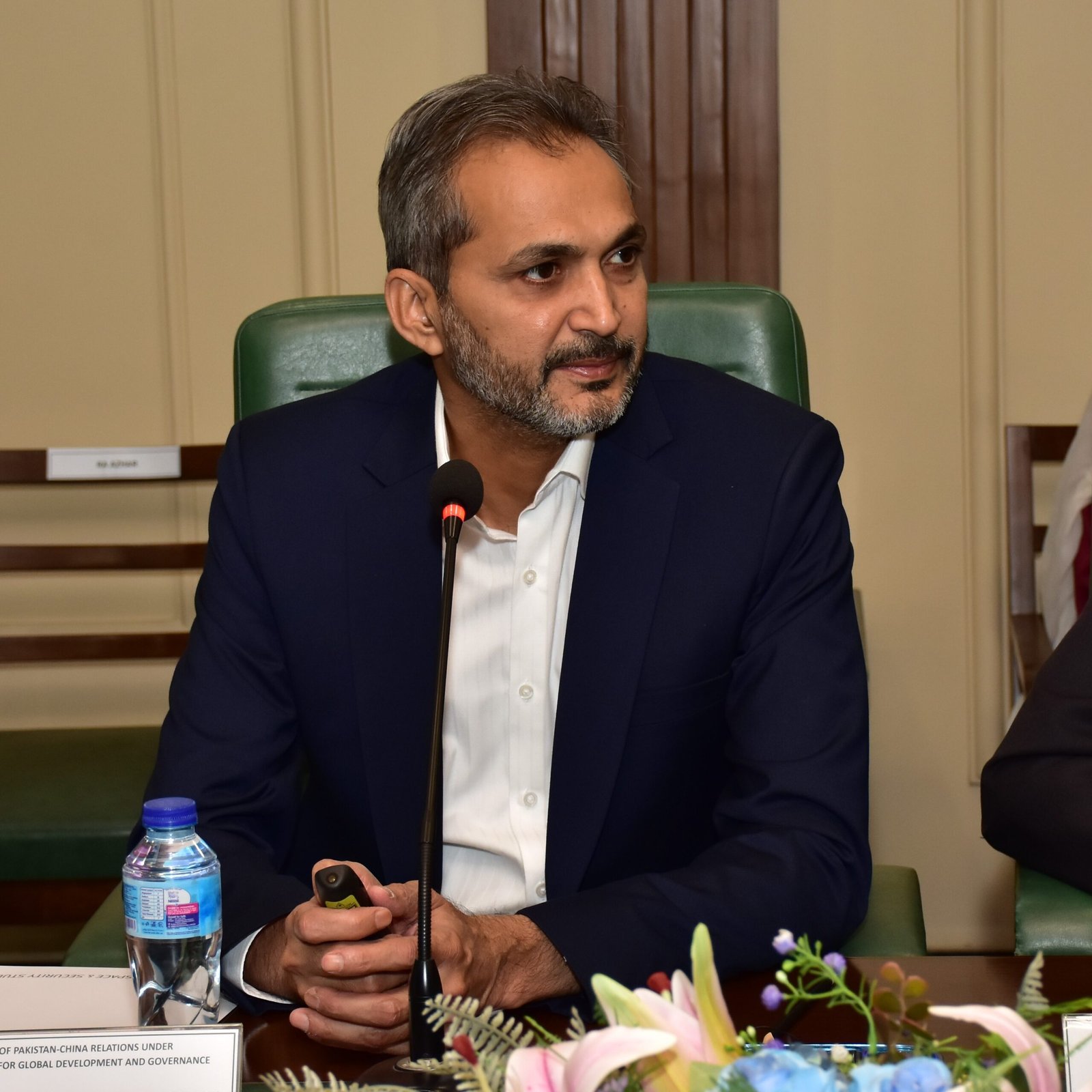
Mr Shakeel Ahmad Ramay
CEO, Asian Institute of Eco-civilisation Research and Development
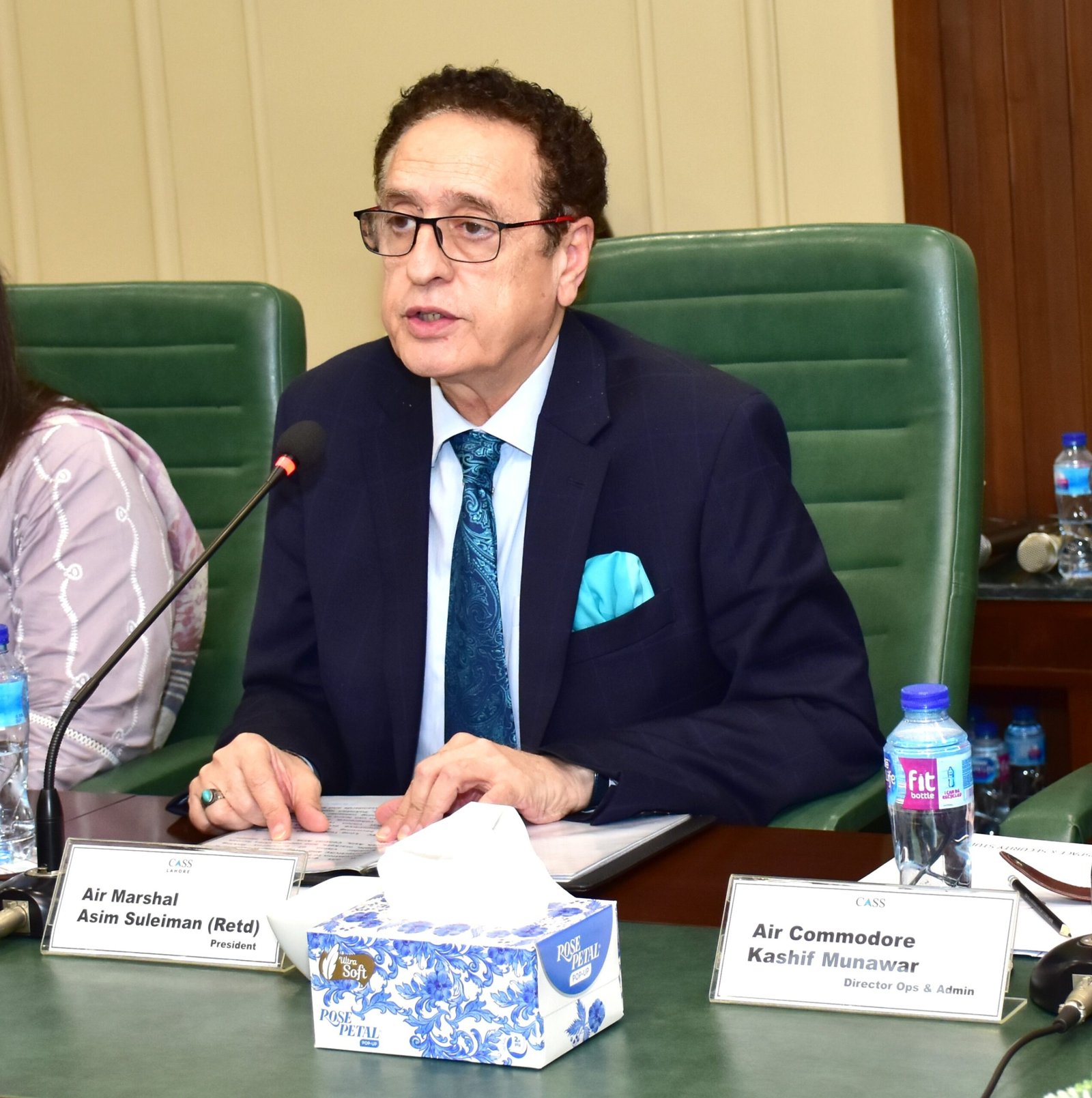
Event Chair
Air Marshal Asim Suleiman (Retd)
President, CASS Lahore
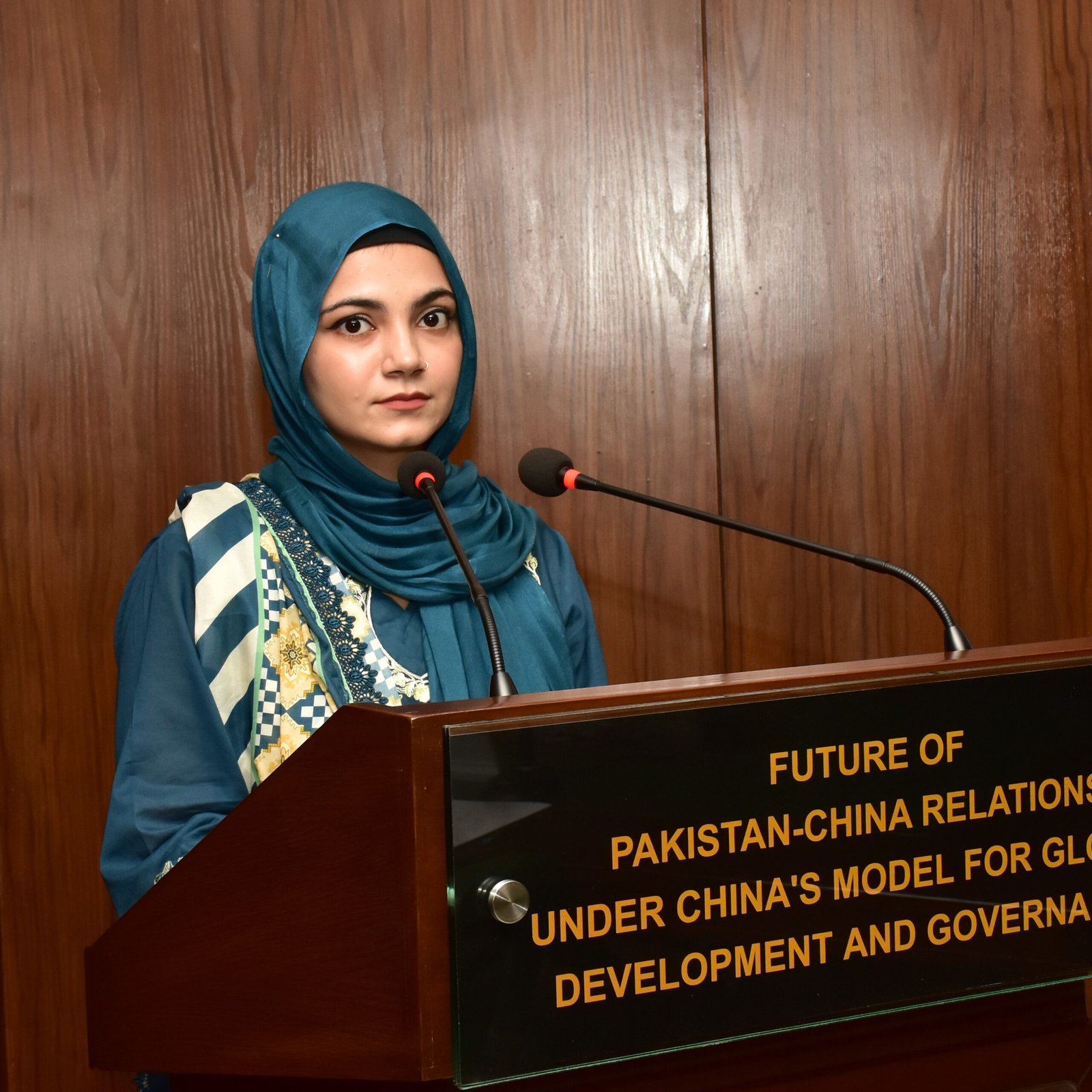
Event Coordinator
Maheera Munir
Research Assistant, CASS Lahore
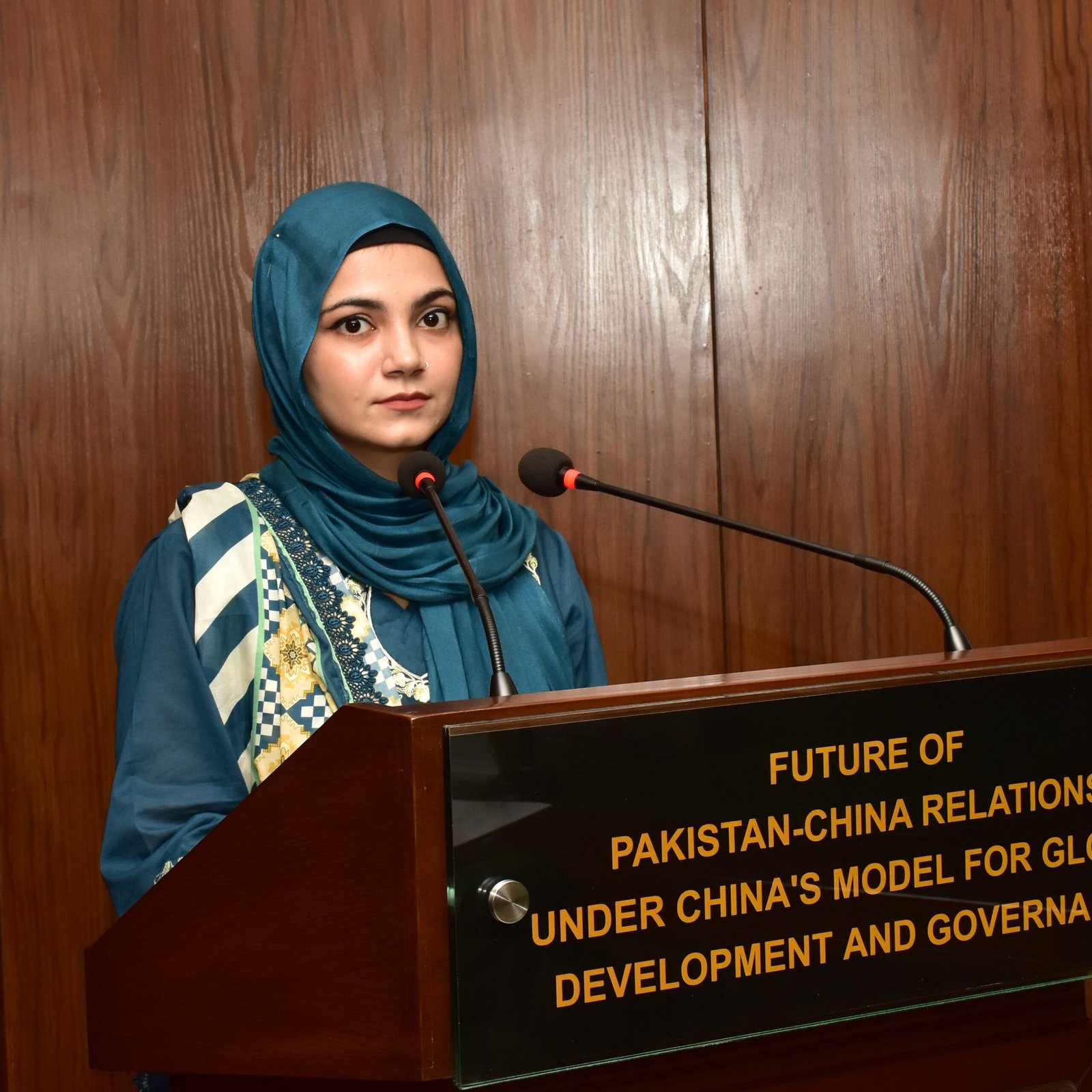
Master of The Ceremony
Maheera Munir
Research Assistant, CASS Lahore
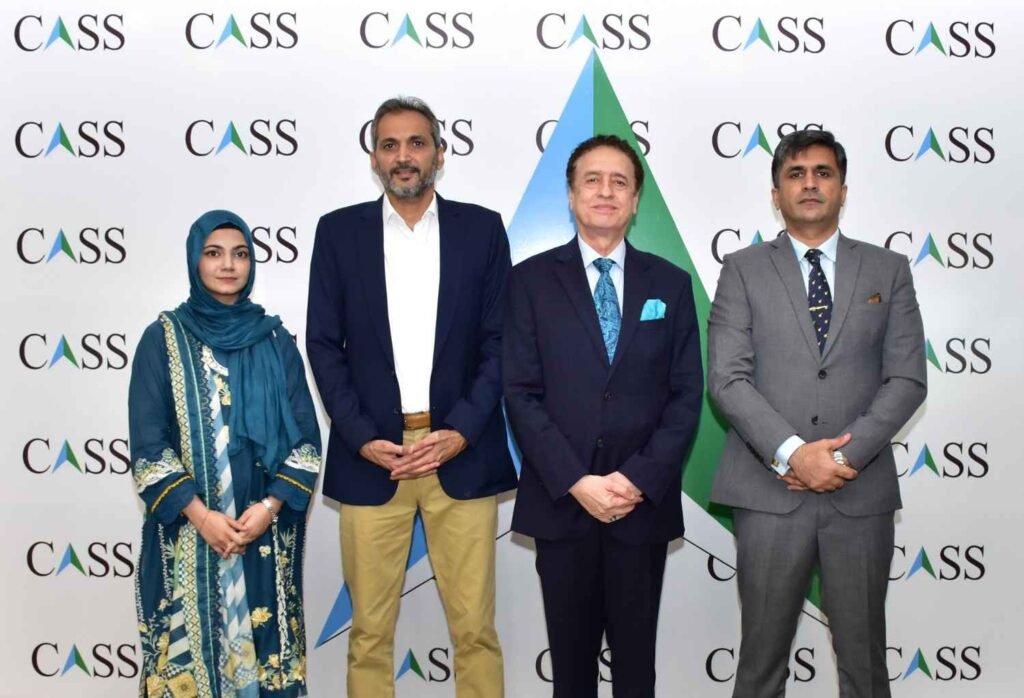
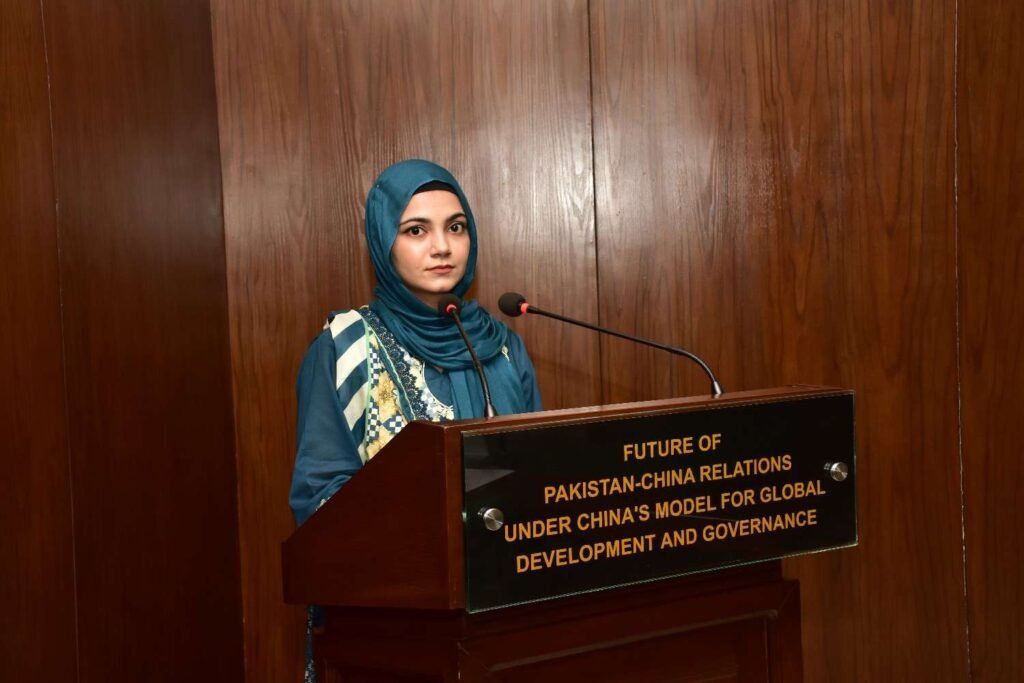
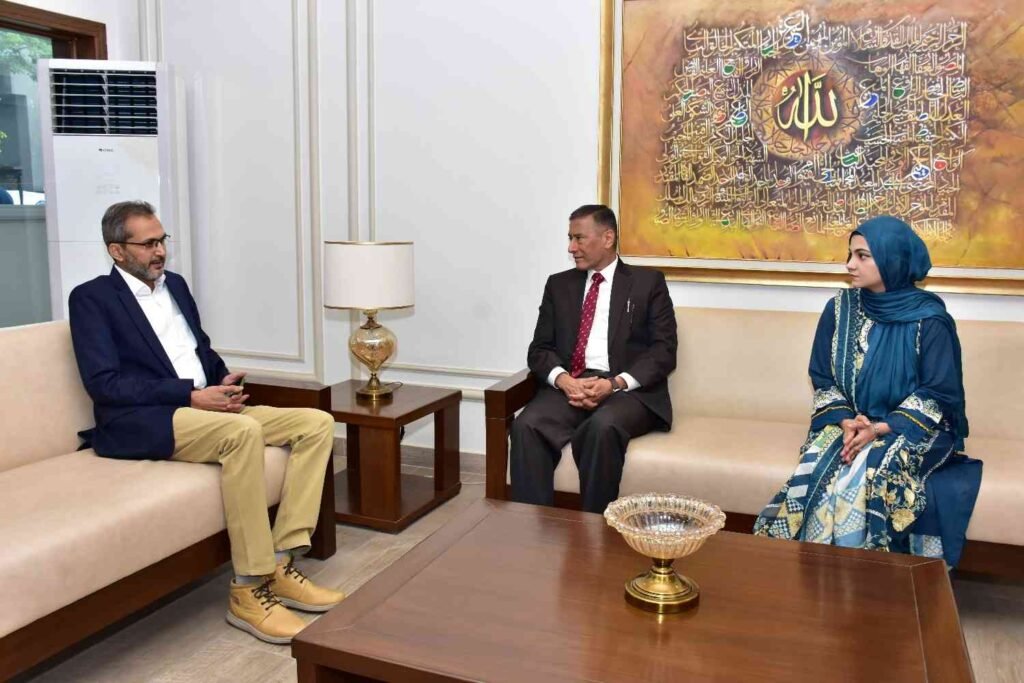
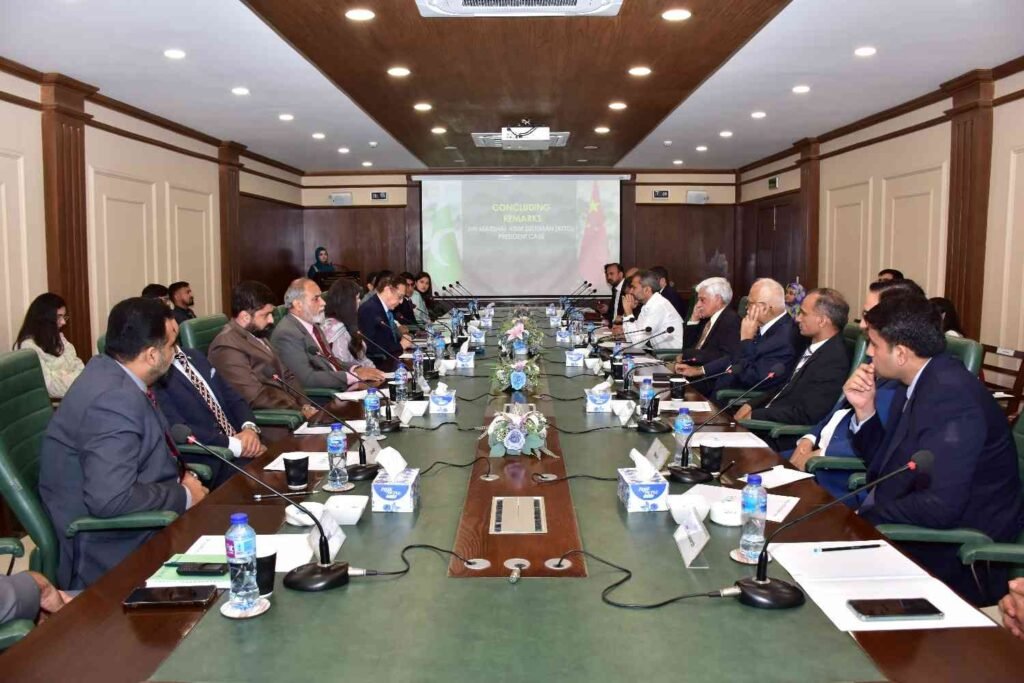
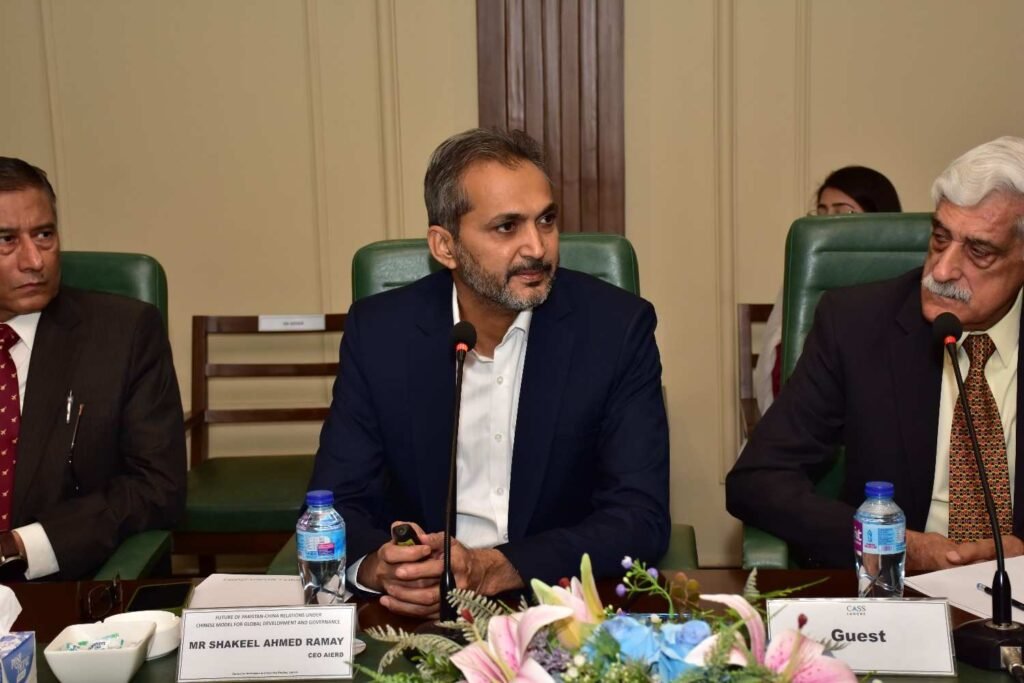
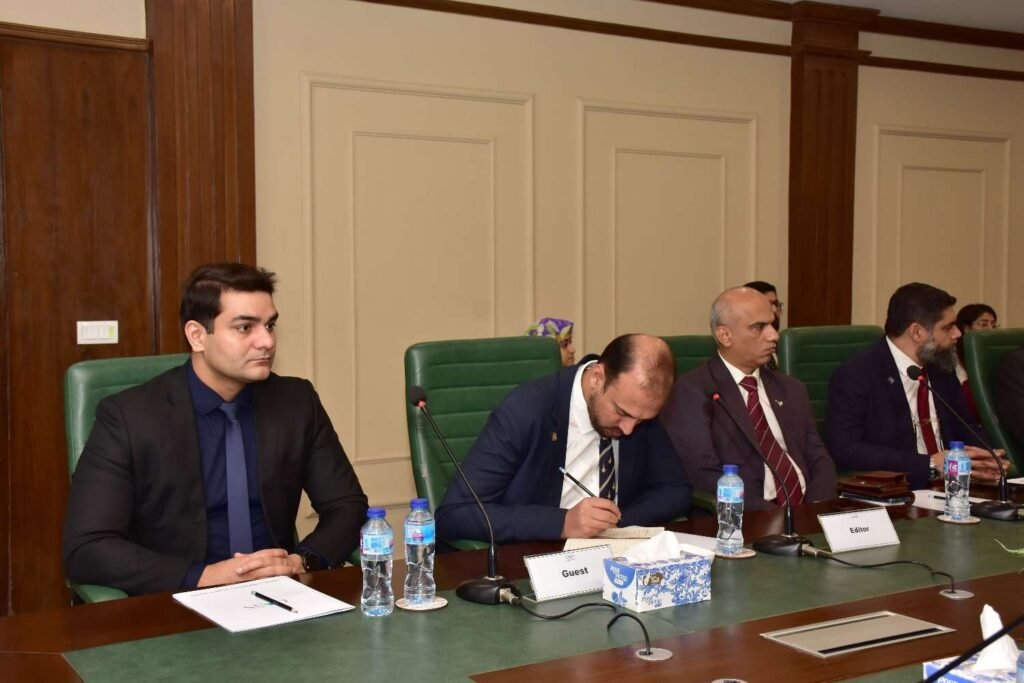
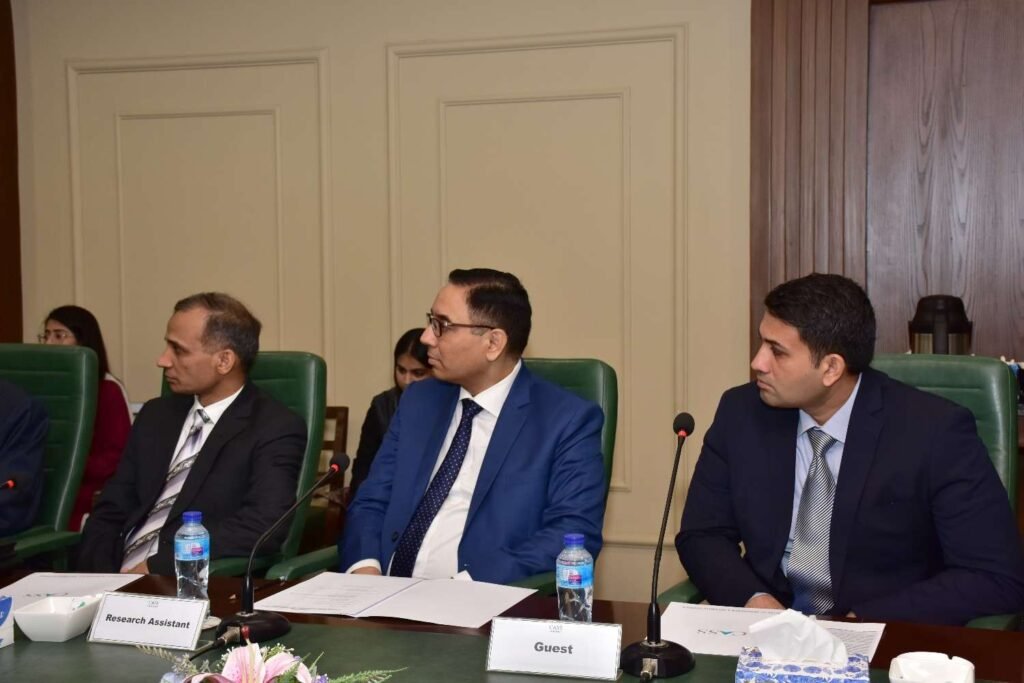
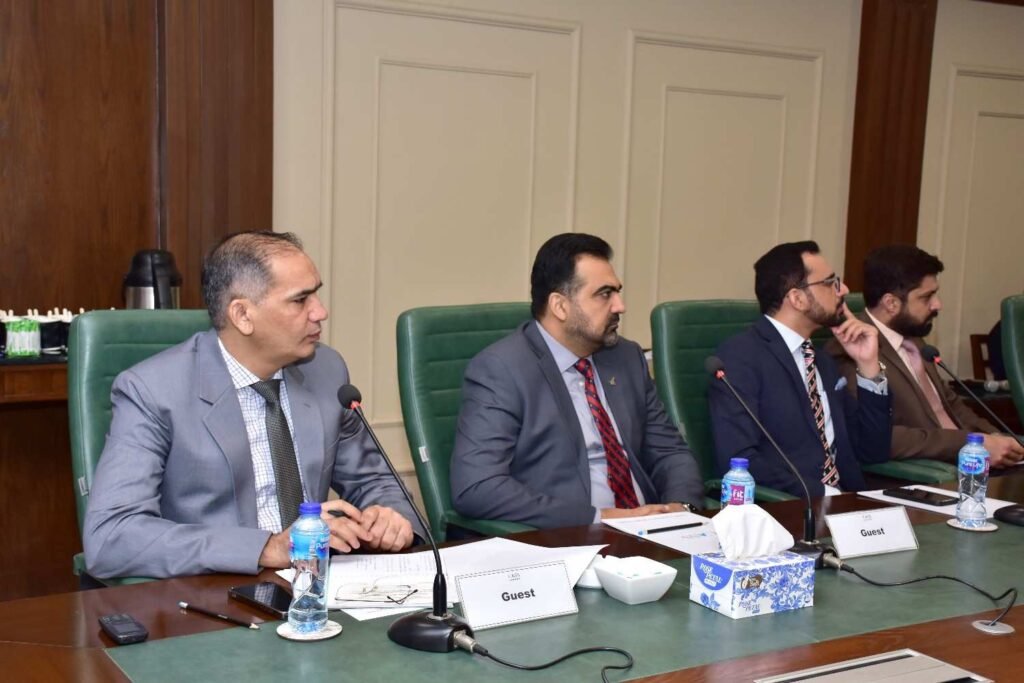
CASS LAhore

The Centre for Aerospace & Security Studies (CASS) was established in July 2021 to inform policymakers and the public about issues related to aerospace and security from an independent, non-partisan and future-centric analytical lens.
CASS Newsletter

@2025 – All Right Reserved with CASS Lahore.
- Home
- About Us
- Research Domains
- Publications
- Events
- Gallery
- Contact Us
@2021 - All Right Reserved. Designed and Developed by PenciDesign



